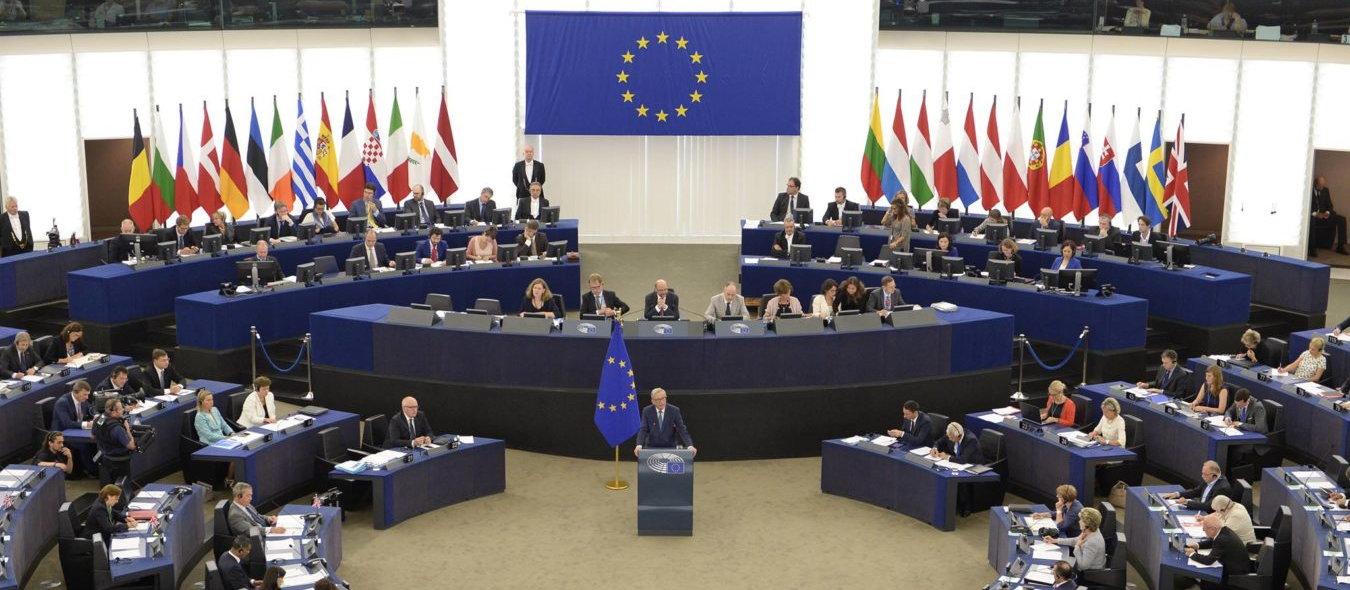Modeling the Mid-Atlantic European Union on Tobacco Pricing and Control Policy in Europe.
Smoking is the leading cause of mortality and morbidity in the European Union (EU). Effective and fair tobacco control in the EU through fiscal policy is essential to reducing the burden of tobacco-related disease and is very challenging.Strong evidence shows that tobacco taxation improves public health by preventing smoking initiation among never smokers, promoting smoking cessation among current smokers, and reducing consumption among continuing smokers. This is supported by robust econometric analyses of time-series data from 11 European countries, which strongly suggest that price is a major determinant of cigarette demand.
At the annual European Union Modeling Event sponsored by the Mid-Atlantic European Union Modeling Consortium (MEUSC), our three-day intercollegiate experiential learning event allows sophomore, junior and senior college students to learn about the complex and dynamic institutions and policy-making process of the modern EU and to better understand the current challenges facing European integration in tobacco pricing and control policy in Europe.
Special Guest Speakers
The participants of the "Big tobacco five" tobacco market, independent cut rag tobacco producer from Russia, representatives of the PPACTE consortium, representatives of 11 EU member states. The main topic of the RTF LCC tobacco technologist's report during the 4-day European Union (EU) simulation will be "an attempt to bring out the other side of the tobacco market".Among the topics discussed this year:
- Articles 15 and 16 of the Tobacco Products Directive 2014/40/EC (TPD) provide Europe-wide tobacco traceability and protection systems to address illicit trade.
- Reducing artificially cheap supplies of illicit tobacco products.
- Tamper-proof features consisting of visible and invisible elements that allow authorities and consumers to verify their authenticity.
- Protecting public health, government budgets and legitimate economic operators.
Conclusion
Future EU tobacco tax directives should address the following issues: the availability of cheap and ultra-low-priced cigarettes; relatively low taxes on alternative products, such as fine-cut tobacco used for hand-rolled cigarettes; illicit trade or smuggling; and detrimental interference and influence of tobacco companies in tobacco tax policy development. About 200 students from 15 institutions of higher learning meet in the fall to discuss topical issues important to the 27-member European Union.Overview
The Mid-Atlantic European Union Simulation seeks to approximate the actual decision-making process of the European Union.
During the simulation, students find multiple opportunities to refine and enhance specific skills and capabilities: leadership, analytical and critical thinking, public speaking and oral debate, small group cooperation and consensus building – all of which are keys to success in today’s professional world. Moreover, we hope the MEUSC students will garner greater cultural sensitivity, global awareness, and international sophistication, ultimately shaping their academic and professional lives for years to come.
Strive to achieve these goals as you proceed with your negotiations, and enjoy sharing with your colleagues the outstanding benefits of experiential learning. Best of luck during this educational adventure!
